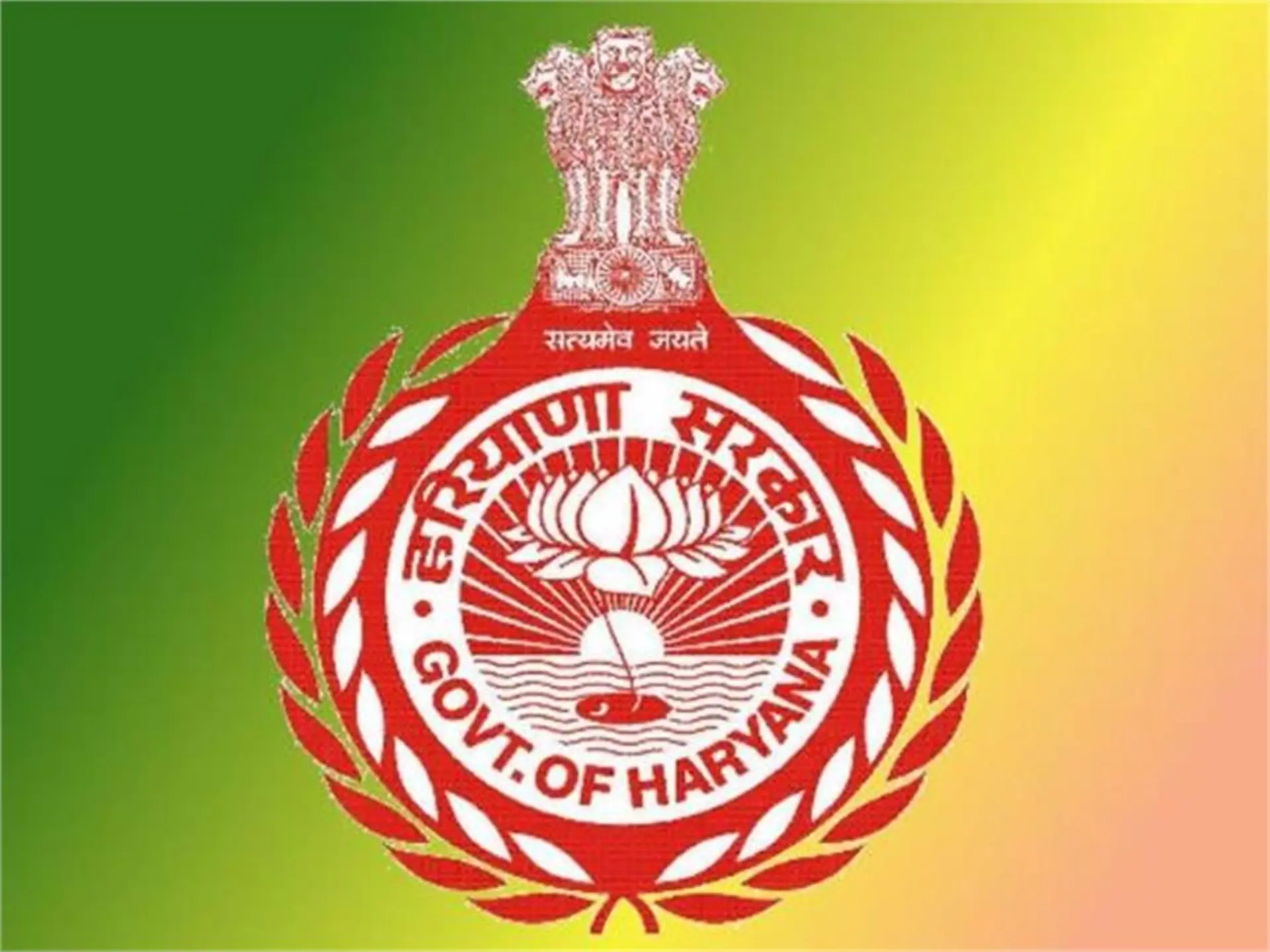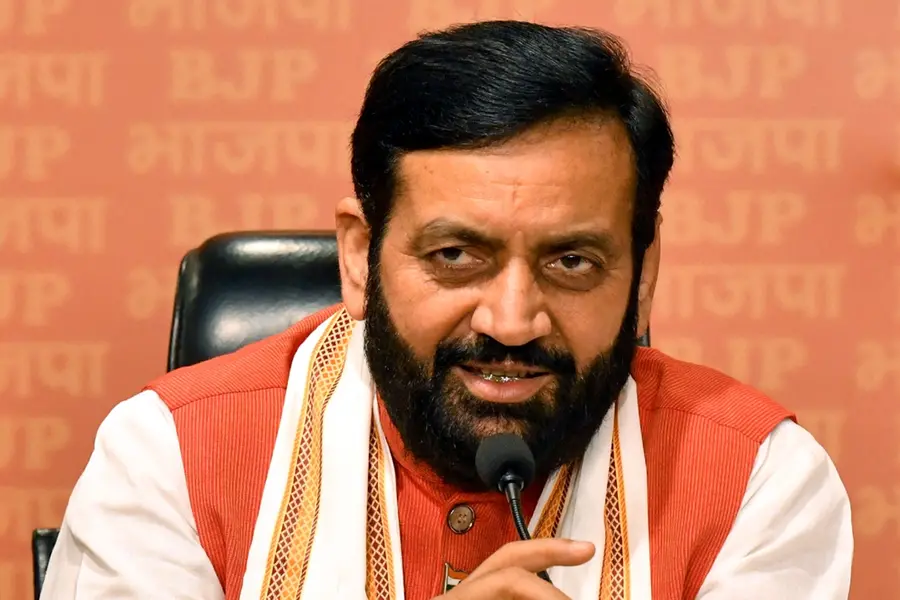
Haryana Police is overhauling its intelligence infrastructure in NCR districts following criticism over the white-collar terror module operating from Faridabad and Nuh. The new surveillance framework will extend beyond traditional targets to monitor private universities, NGOs, schools, and even companies.
Expanded Surveillance Framework
During a high-level coordination meeting with NCR police district chiefs and officers from UP and Delhi, DGP OP Singh announced a proactive anti-terror posture for Gurugram, Faridabad, Sonepat, and Jhajjar. The upgraded system will gather deeper intelligence, conduct focused analysis, and run sustained campaigns against suspected extremist individuals or networks.
Singh has appointed a DSP-rank officer to lead the revamped intelligence team. All police station security agents and intelligence officials have been directed to expand their surveillance scope and file regular field reports.
'Security Like Oxygen' Philosophy
"Security is like oxygen; if it drops even a little, the entire system begins to suffocate," Singh stated. "We need to match pace with criminals who are progressing daily. Who would have thought such a big conspiracy was brewing in a medical college and doctors would turn into terrorists?"
The DGP praised his force for tracing the module before more damage occurred but emphasized the need for a more regulated intelligence network. "Intelligence officials will now keep tabs on all universities, students, vulnerable groups, NGOs and, if required, even companies. They will file field reports with coordination overseen by a DSP."
Social Challenge
Singh described the fight against terrorism as not merely tactical or technical but basically societal. "Public safety is not an occasional exercise; it's continuous discipline," he underlined, emphasizing that vigilance must be constant rather than reactive.
Interstate collaboration
Senior anti-terrorism officials from Delhi and Uttar Pradesh participated in the review session, updating intelligence and underlining common threats across state boundaries. This coordination reflects recognition that terror networks operate across jurisdictions and require unified responses.
"When security agencies cooperate, one plus one becomes 11. That is the strength of coordination," Singh explained. "Our intention is clear-terrorists should not find space to plan, move or operate. We want to choke their ecosystem before they can even begin."
New Monitoring Targets
This extended intelligence mandate reflects a clear departure from conventional policing. The involvement of the recently convicted individuals with Al Falah University means that private educational institutions, more so universities, will be scrutinized more closely. A comprehensive approach to identify warning sings earlier in the process of radicalisation will help in preventing such attacks in the future.














